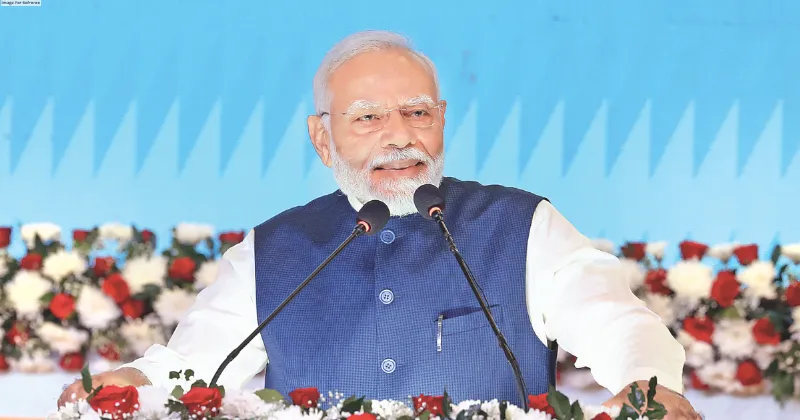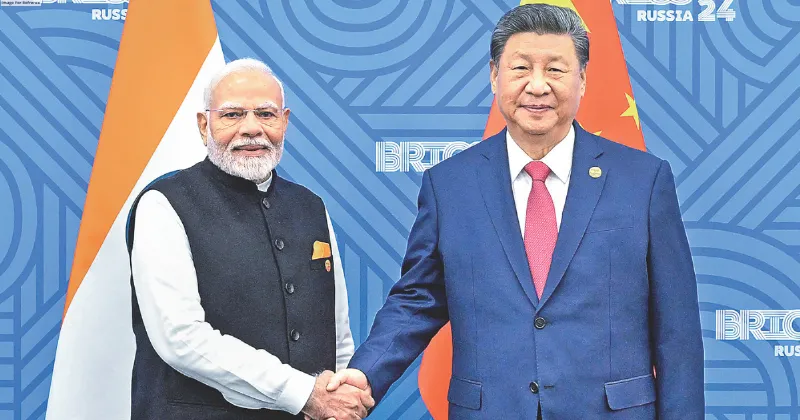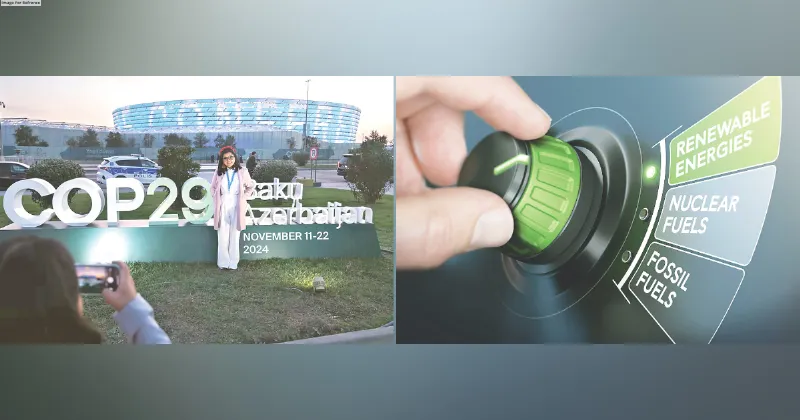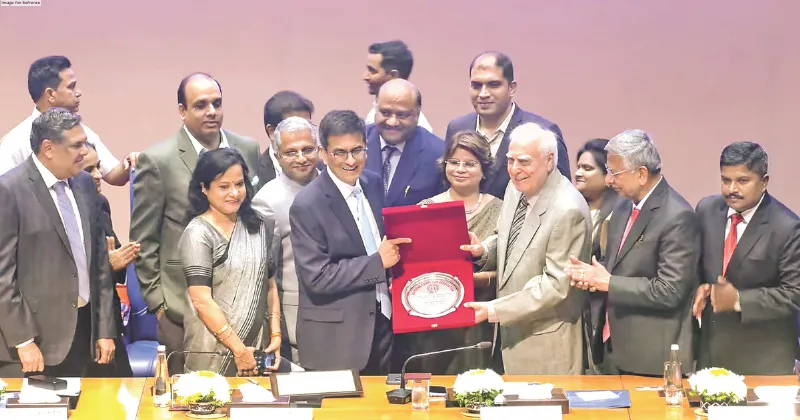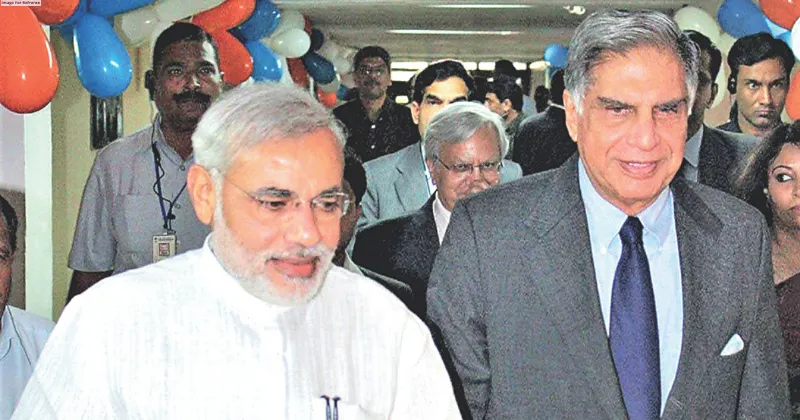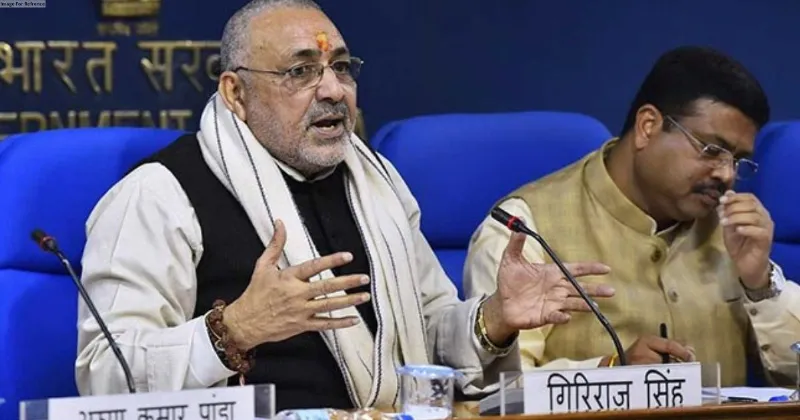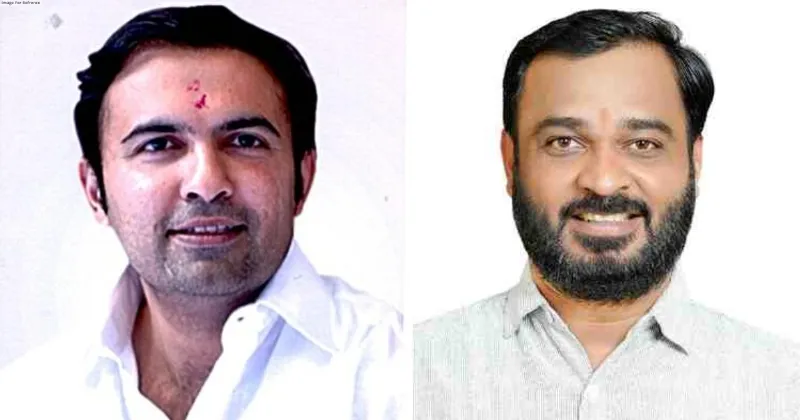Latest News
IF THE WORLD IS ON FIRE, SO ARE WE

How do we explain a world that seems to have exploded in violence, war, and populist hatred of “the other,” particularly when the other is part of a flood of refugees and immigrants fleeing intolerable conditions at home? Before settling on an answer, consider a notion that runs through the world’s spiritual traditions: The source of violence “out there” in the world lies “in here” with ourselves.
This notion is hard to accept in the face of the rationales everyone uses to avoid looking inside. Most of these rationales are some form of blame—violence is social, connected to poverty, a family history of violence, rooted in age-old grudges, or somehow the product of collective insanity. Along with blame goes the usual moral judgments that treat violent behaviour as a personal failure of character.
If you can set aside these explanations for a moment, it makes more sense to connect violence holistically to physical and mental health. A step was taken in this direction by an article in the International Journal of General Medicine with the surprising title, “Global Correlations Between Chronic Inflammation and Violent Incidents.” The findings from several studies revealed a strong correlation, up to 80%, between markers of chronic inflammation in a person’s blood and incidents of increased anger, aggression, and hostility.
This correlation might at first seem alien to your life, but consider the following:
- Chronic low-level inflammation is usually impossible to detect because it occurs at a molecular cellular level.
- Chronic inflammation has been strongly connected with a wide range of non-infectious diseases, including heart disease, hypertension, type 2 diabetes, and various cancers.
Since the vast majority of people will contract these disorders, leading eventually to protracted illness or death, you should take seriously that chronic inflammation lies closer to home than you probably suppose.
The only reliable way to detect low-level chronic inflammation is through a blood test, which these various studies did, examining patients with a psychiatric history as well as others who were taking drugs known to increase inflammation, such as interferon treatment for cancer.
Although depression has long been linked with drug reactions and serious illness, the surprise finding was an increase in inflamed behaviour, from irritability and low impulse control to explosive hostility and violence. The correlation was highest among disadvantaged groups with poor access to quality health providers, but even in the high-middle and highest social groups, the correlation between inflammation and aggression/hostility ran between 40% and 60%.
What this finding means wouldn’t be a surprise in a traditional health system like Ayurveda, with its holistic viewpoint. To have “heat” (i.e., Inflammation) would extend to heartburn, a hot temper, impatience, irritability, and more serious conditions. Leaving aside anyone’s allegiance to standard, alternative, or integrative medicine, what matters are these holistic connections.
Medically, chronic inflammation can have an obscure cause, such as an autoimmune disease, incidental causes like an incident of acute inflammation that hasn’t cleared up properly, or much more everyday things like smoking, alcohol, and a diet skewed toward inflammatory foods and low in anti-inflammatory foods. The health of a person’s microbion comes into play since a “leaky gut” can pass toxic chemicals from bacteria in your digestive tract to the bloodstream. Stress is also strongly suspected to increase inflammation.
With this as background, look at the world on fire. Wars break out almost always where festering anger and hostility aren’t addressed, where people are subjected to intense daily stress (for example, one commentator called Gaza “hell on earth”). All of this is exacerbated by poverty and unemployment. The violence that boils over had a pre-existing condition in the form of chronic inflammation, defining that term holistically.
Another commentator remarked that the most dangerous thing in the world is an angry young male alone and without a job. These are the enraged faces of the Arab street, religious riots in India, and anywhere that fosters terrorism and social violence. Looking at those enraged faces, and the inexcusable violence that periodically erupts from terrorism, it is easy to say, “I am not remotely like that.”
Yet if you look at the reactionary trends in the U.S. and Western Europe, it is apparent that the root of this behaviour is anger, which fuels intolerance, racism, nativism, and the abandonment of reason. You hear general bafflement that a country as wealthy as the U.S. which dominates the world economy, should have such dysfunctional politics. Trumpism didn’t create the toxicity of such political extremism; it only brought a simmer to a boil.
The situation everywhere is complex, I know, and anyone might despair at the helplessness of the individual in the face of inflamed behaviour. But change begins “in here.” Look at your own circumstances. If you are overly stressed and face pressure every day, if you don’t have periods of relaxation throughout your day, if joy is absent in your life, if you dwell on how much you hate the other side politically, if you obsess over nightly horrors in world news, if you show increased irritability and impatience—all of these are markers of inflammation that harm mind and body.
We are well into the era when inflammation, in the broadest sense, is exacting a price, and the harm will increase without paying attention to conscious healing. This conclusion must be reached, and inevitably, more people are bound to come to their senses and realize that either you are a unit of peace or a unit of inflamed behaviour that ultimately leads to aggression and violence. It’s good to put yourself on the right side as soon as you can.
THE VIEWS EXPRESSED BY THE AUTHOR ARE PERSONAL
DEEPAK CHOPRA The writer is MD, FACP, FRCP founder of the Chopra Foundation, a non-profit entity for research on well-being and humanitarianism, and Chopra Global


